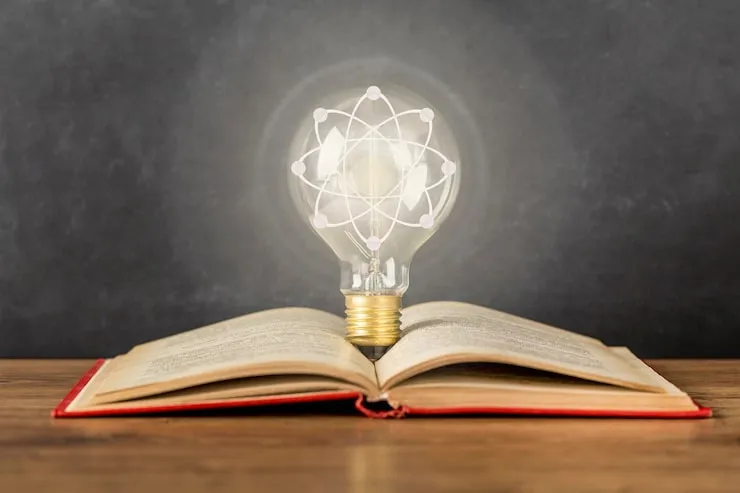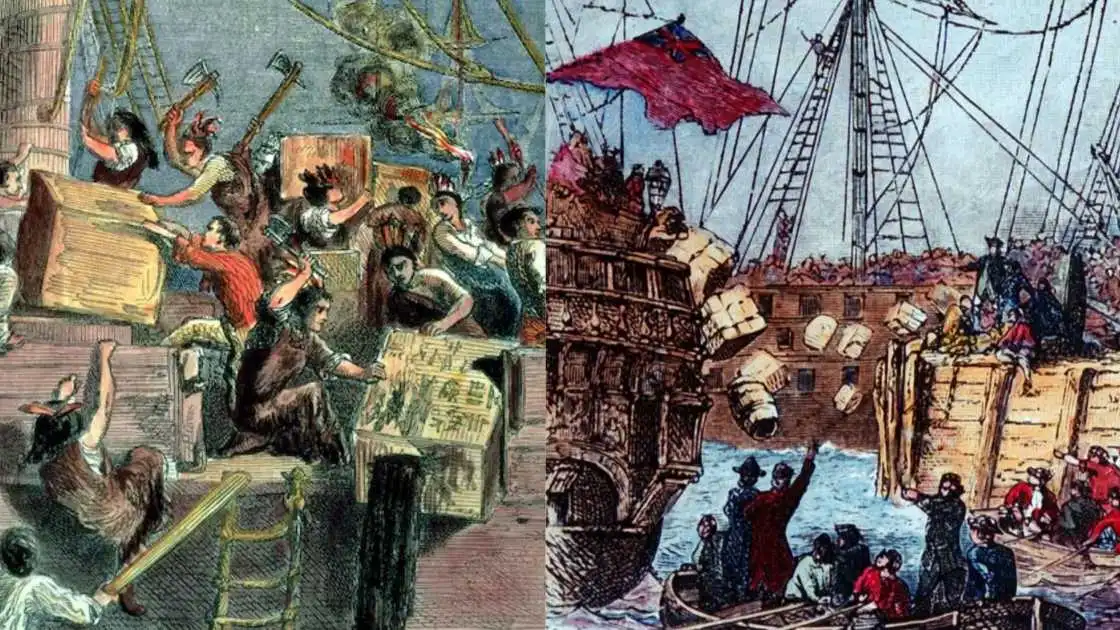
In today's advanced age, planning for UPSC can feel intense. History is one of the most critical subjects. Numerous understudies battle with recollecting dates, occasions, and individuals. But with the right questions, it gets to be simple. This article will investigate straightforward and successful history-based questions for UPSC. We will center on key occasions, pioneers, and developments. The reason is to offer assistance understudies learn quicker and score higher. We'll utilize basic words and simple cases. By the conclusion, you will feel sure around history questions.
Read Also: A Complete Guide to Free Education Schemes in India
Ancient Indian History Questions
- Ancient India has numerous curiously points. Questions regularly center on kingdoms, rulers, and culture. Here are a few vital points:
- Key Traditions: Maurya, Gupta, Chola, and Mughal. Know their rulers and achievements.
- Important Rulers: Ashoka, Chandragupta Maurya, Samudragupta, and Akbar. Keep in mind their contributions.
Sample questions:
- Who was the author of the Maurya Empire?
- What was the capital of the Gupta Empire?
- Name the popular college in old India that pulled in understudies worldwide.
Which sovereign spread Buddhism widely?
These questions offer assistance understudies review actualities rapidly. Old Indian history is for the most part almost recollecting individuals and occasions. Learning key focuses can spare a part of time amid exams.
Medieval Indian History Questions
Medieval India has numerous rulers and fights. The period covers 8th to 18th centuries. Understudies ought to center on kingdoms, intrusions, and social changes.
- Important Kingdoms: Delhi Sultanate, Vijayanagara, Mughal Empire.
- Famous Rulers: Akbar, Sher Shah Suri, Alauddin Khilji, Muhammad container Tughlaq.
Sample questions:
- Who presented the arrive income framework called “Zabt”?
- Which ruler built the celebrated city of Fatehpur Sikri?
- Name the tradition that ruled the Deccan for over two centuries.
Who was the to begin with ruler of the Mughal Realm in India?
Medieval history questions regularly center on organization and culture. Knowing rulers and their works is sufficient to reply most questions. Brief notes with dates offer assistance a lot.
Modern Indian History Questions
Modern history is pivotal for UPSC. It covers occasions from 1700s to 1947. Numerous questions are around opportunity developments, pioneers, and reforms.
- Important Developments: Revolt of 1857, Non-Cooperation, Gracious Disobedience.
- Key Pioneers: Mahatma Gandhi, Jawaharlal Nehru, Subhas Chandra Bose, Bhagat Singh.
Sample questions:
- What was the primary cause of the Revolt of 1857?
- Who driven the Salt Walk in 1930?
- Name the political bunch established by Bal Gangadhar Tilak.
Which pioneer shaped the Indian National Armed force (INA)?
Modern history questions are generally almost occasions, reasons, and results. Recalling dates and pioneers will offer assistance understudies score well. Brief outlines of each development make amendment easy.
Art, Culture, and Engineering Questions
- UPSC regularly inquires approximately craftsmanship, culture, and landmarks. These questions are simple if understudies know the basics.
- Famous Landmarks: Qutub Minar, Ruddy Fortification, Ajanta-Ellora, Khajuraho.
- Art & Culture: Classical move shapes, celebrations, and literature.
Sample questions:
- Which Mughal head built the Taj Mahal?
- Name the caves known for antiquated Buddhist works of art in Maharashtra.
- What is the primary highlight of Khajuraho temples?
You May Also Like: Top 10 Important Inventions in History That Changed the World
Which classical move shape begun in Tamil Nadu?
These questions are basic. Visual memory works best here. Seeing pictures of landmarks and craftsmanship makes a difference hold data. Understudies can rapidly reply questions if they change regularly.
- The Indian flexibility battle has numerous imperative occasions. Questions center on developments, acts, and leaders.
- Major Developments: Non-Cooperation, Gracious Noncompliance, Stopped India.
- Important Pioneers: Gandhi, Nehru, Patel, Tilak, Lala Lajpat Rai.
Sample questions:
- What was the primary request of the Non-Cooperation Movement?
- Who driven the Salt Walk against British rule?
- When did India get independence?
- Name the act that driven to the Revolt of 1857.
Understanding the cause and impact of each development makes a difference reply questions effectively. Understudies ought to keep in mind leaders’ names, dates, and key realities. Composing brief notes makes modification faster.
FAQs
Q1. Which period is most imperative for UPSC history questions?
A1. Advanced Indian history is exceptionally vital. Questions approximately flexibility developments, pioneers, and British arrangements show up regularly. Antiquated and medieval history is moreover imperative, but cutting edge history gets more questions.
Q2. How can I keep in mind all the rulers and dates easily?
A2. Make a chart or table of rulers with their fundamental accomplishments. Utilize timelines to track occasions. Brief notes and customary modification make it simpler to review data amid exams.
Q3. Are craftsmanship and culture questions difficult for UPSC?
A3. Not truly. Most questions are straightforward. You fair require to know popular landmarks, move shapes, celebrations, and writing. Pictures and visual memory offer assistance a lot.
Tips to Get ready History Questions for UPSC
- History arrangement can be basic if done keenly. Take after these points:
- Make Brief Notes: Type in key focuses for each period. Dates, rulers, and occasions ought to be highlighted.
- Use Timelines: Timelines offer assistance to keep in mind the arrange of occasions. It makes amendment easy.
- Other tips: perused NCERT books to begin with, reexamine routinely, and fathom past year questions. Dodge packing long sections. Center on key focuses. Hone questions daily.
Conclusion
In conclusion, history is vital for UPSC. Questions come from old, medieval, and present day periods. Craftsmanship, culture, and opportunity battle are moreover critical. Basic notes, charts, and timelines offer assistance in quick learning. Standard amendment builds certainty. Taking after these tips will make history simple and curiously. Understudies can score tall marks with keen arrangement. Keep in mind, the key is to hone and change. By centering on these questions, UPSC arrangement gets to be less difficult and more viable.












